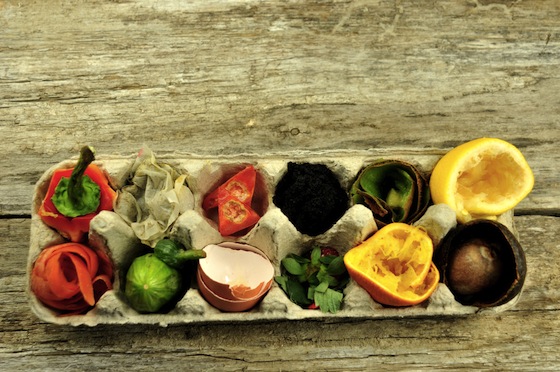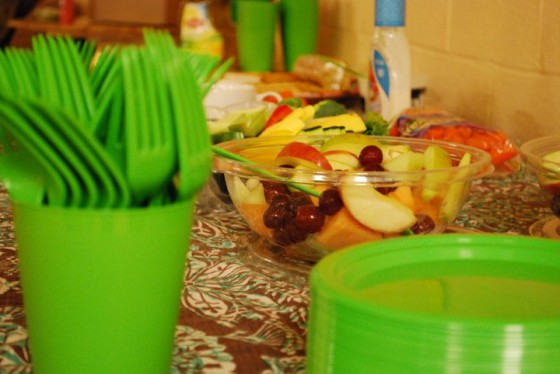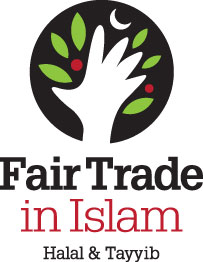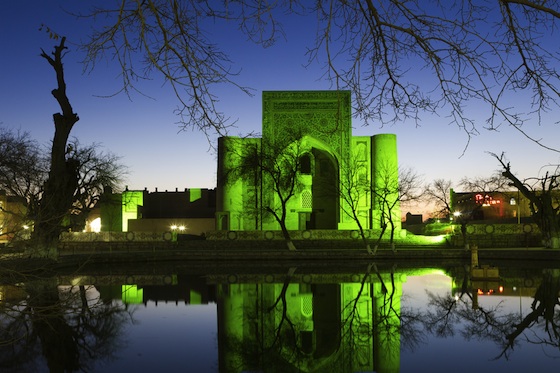 From vegetarian recipes to cutting out plastic, Arwa puts together a Green Iftar Guide to make your Ramadan a little more eco-friendly
From vegetarian recipes to cutting out plastic, Arwa puts together a Green Iftar Guide to make your Ramadan a little more eco-friendly
Ramadan is a time of reflection, spiritual re-focus and self-improvement. It’s a time to look back on the person you are, the way you live your life and to think about bad habits you want to leave behind and new habits you want to embrace. As such, trying out a green could be the first step you take towards a more ethical and environmentally-friendly life. Realising the waste that occurs during Iftar (breaking of fast) and doing something to tackle it will hopefully inspire you to take more green action in your everyday life. Whether that is growing your own food, using more sustainable forms of travel or limiting your waste – this green step during Ramadan will inshalla be the first of many.
What I want you to ask yourself is whether these were as green as you would have liked? Did you throw away food? Did you use Fairtrade goods where you could? Are you cutting down your meat intake and trying new scrumptious veggie recipes? Have you been avoiding plastic cups and plates even though they ease your post-Iftar washing up load? Want to do better? Well, here’s our Green Iftar Guide to help make those next 23 Iftars a little greener.
 1. Cut Food Waste
1. Cut Food Waste
At a time when we as Muslims are supposed to remember the many blessings that god has bestowed upon us, it amazes me how much food we are still throwing away. In the United Arab Emirates alone, it is believed that 500 tonnes of food are wasted every year during Ramadan. And yet, there are simple steps that everyone can take to stop this mountain of food being thrown away. Don’t ever shop when you are hungry, buy less, cook less (around a third less then you think you need), store your food properly and don’t make fresh food when you have perfectly yummy leftovers that just need a little freshening up.
 2. Bring Your Own Plate
2. Bring Your Own Plate
Styrofoam-filled bins are a familiar sight at most mosques during Ramadan as public Iftars tend to involve piles and piles of plastics cups, plates and cutlery. As plastic is hugely toxic to the land where it is eventually dumped, however, we need to change our reliance on it. The best way to avoid plastic is to ask people to bring their own plates and cutlery. Not only does this cut out the plastic but it also means you can have better control over your portions and can avoid overeating. If you live in the US, you can also rent out this Zero-Waste Iftar kit from DC Green Muslims.

3. Embrace FairTrade
Trade justice is an important principle in Islam and Muslims have a responsibility to ensure that they do not consume products that contribute towards injustice. However, very few make sure that the food they buy has been traded fairly – you can change that this Ramadan by trying out FairTrade products like dates, almonds, juices and fruits. In the Qur’an it reads: “Give full measure and full weight in justice, and wrong not people in respect of their goods” (11:85). So why not support Fairtrade during your Iftar and raise awareness of the importance of ethical consumption and fair trade in the Muslim community.
4. Go Vegetarian
Despite popular belief, vegetarian dishes don’t have to be dull. In fact, not eating meat means that you have to get a little creative and include lots of bean, nuts and vegetables into the mix. If you want to keep to the Middle Eastern theme, there are some great traditional veggie dishes such as Mujadera, Tabbouleh and that’s not including a plethera of lovely hot soups, sticky sweets and yummy pastries. Check out our guide to the best vegetarian Ramadan recipes from the Middle East.
 5. Eco-Mosque Checklist
5. Eco-Mosque Checklist
To help build on your green Iftar actions, you could look at greening your local masjid and raising the environmental-awareness of your local community. The best way to start is with an inclusive green message during a khutbah or through posters at key areas of the mosque. Hosting green events or even green Iftars to get people talking about the issues in a more open and friendly environment is also a great idea. The next steps could include looking at water and energy usage in the mosque and cutting that down as well as encouraging people to travel to prayers using more sustainable modes. MADE, a UK-organisation which is leading a campaign for an ethical and FairTrade Ramadan is also hosting ethical Iftars in London, Birmingham and (possibly) in Manchester too. See here for the full details.
Please let us know how your green Iftar goes and Ramadan Mubarak!
For more on having a green Ramadan see:
Vegetarian Ramadan Recipes From the Middle East
Ramadan Food Waste and Green Tips for Cutting It Down
Break Your Ramadan Fast with FairTrade
The Eco-Mosque Checklist – 7 Steps To A Greener Mosque
Embracing A Greener Ramadan
Image of compost fruit via Shutterstock.com. : Image of Madrassah in Bukhara, Uzbekistan via Shutterstock.com :: Top image of Harira Traditional Maghreb Soup via Shutterstock.com



